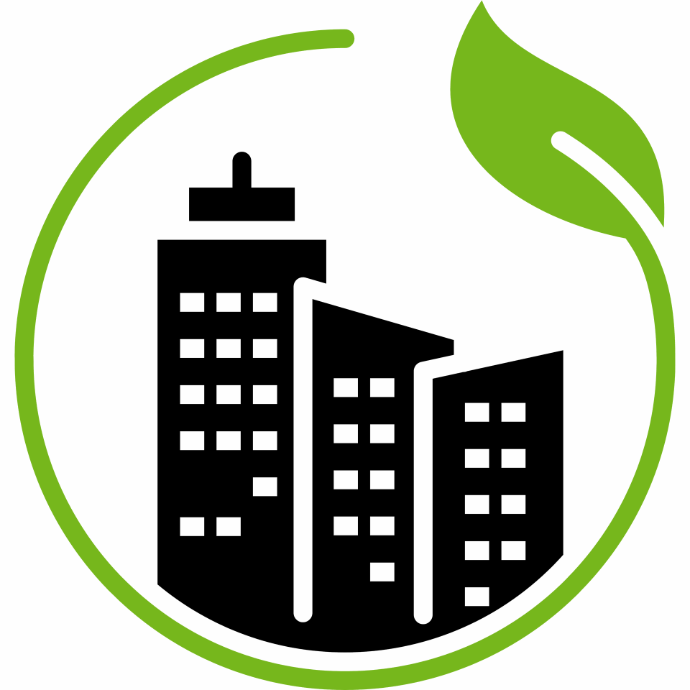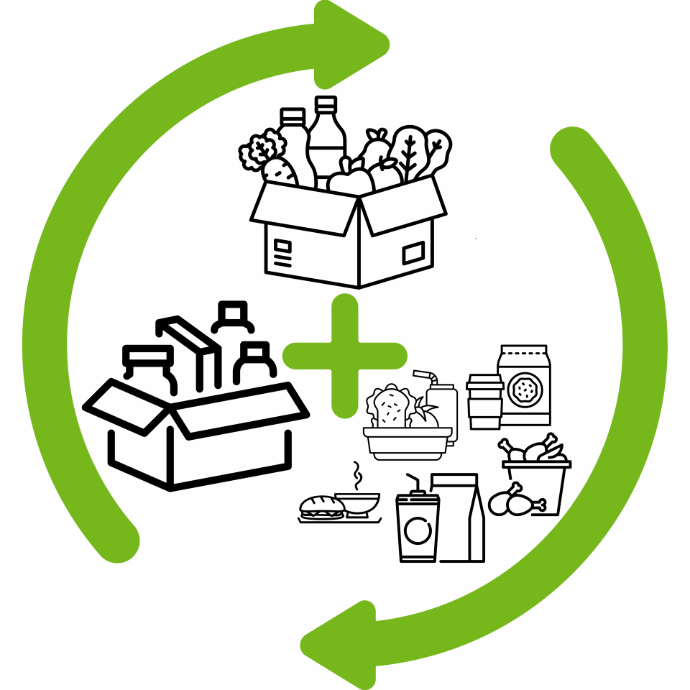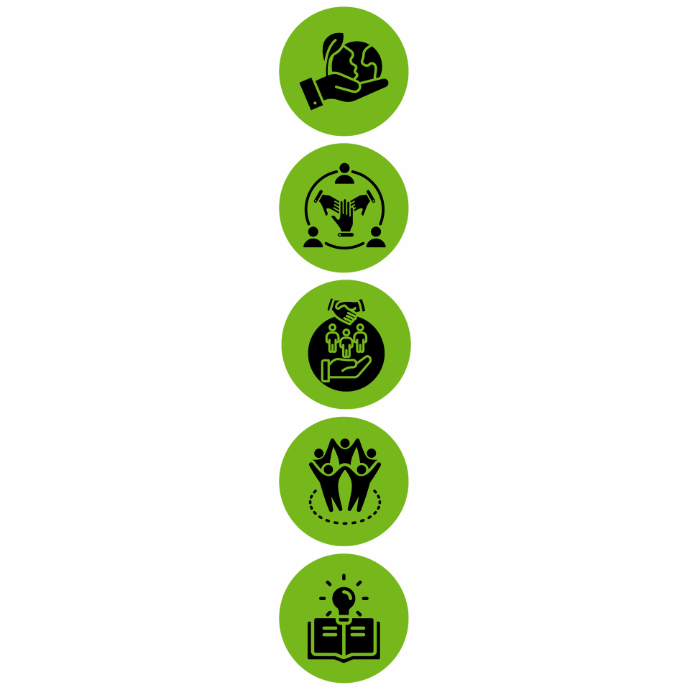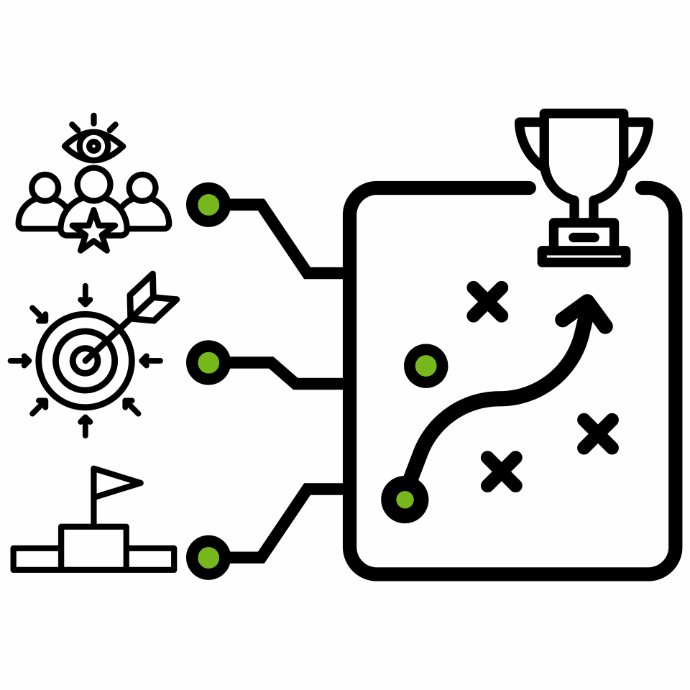— OVERVIEW —
Meals That Matter is a food rescue initiative dedicated to promoting environmental sustainability, reducing our climate footprint, and combating hunger and food insecurity within communities by tackling food waste. Based in Markham and the surrounding areas of the Greater Toronto Area (GTA), the project aims to educate both food businesses and members of the broader community about the critical issue of food waste, the importance of reducing it, and the adoption of sustainable practices. Central to its mission is developing partnerships and establishing strong, long-term, and meaningful relationships with a variety of local food establishments, including restaurants, bakeries, cafés, cafeterias, eateries, grocery stores, and supermarkets. These food businesses will donate surplus, unsold meals, prepared foods, and/or raw food products that are still fit for consumption. The rescued food is then redirected to health care facilities, health service organizations, registered charities, nonprofit organizations (NPOs), community centres, and other community and community service organizations; their staff, volunteers, members, collaborators, partners, and the populations that they serve;
as well as individuals, families, and groups in need who may not otherwise be reached by the aforementioned types of organizations.
The project focuses on building partnerships and fostering collaborations with both food businesses and recipient organizations to ensure a steady flow and regular collection of surplus donations—and a good variety of nutritious meals and foods to suit the needs of the communities served.
This approach enables the creation of sustainable and reliable food distribution networks
to facilitate the distribution of rescued foods and meals to those who need them most, nurtured and sustained through regular communication and shared values, interests, and goals, particularly as they relate to food waste reduction, sustainability, the alleviation of hunger and food insecurity, and/or supporting the community in general. By collecting and diverting good-quality food that would otherwise end up in landfills, Meals That Matter is expected to deliver significant benefits for both the environment and the community.
Environmentally, this initiative helps mitigate climate change by reducing food waste, a major contributor to greenhouse gas emissions—particularly methane (CH₄)—which is released when organic matter decomposes in landfills. Additionally, preventing and minimizing food waste lowers the overall carbon footprint of food production and distribution/transportation systems by ensuring that valuable inputs like land, soil, water, and energy are utilized more efficiently and conserved. Furthermore, it promotes a circular economy by giving surplus meals and edible food products a second life instead of letting them go to waste. A circular economy in this context emphasizes keeping food resources in use for as long as possible and extracting maximum value from them, thereby indirectly allowing ecosystems to restore, regenerate, thrive, and sustain themselves. By redistributing surplus food to those who need it, this initiative not only reduces waste but also extends the lifecycle of food products, decreasing the demand for new food production. This, in turn, reduces the environmental strain caused by agricultural practices and the use of resources associated with growing, harvesting, processing, and distributing/transporting food. By creating new opportunities for the use and consumption of these food resources and ensuring they serve a purpose before disposal, the project demonstrates how food systems can operate in a more sustainable, resilient, and regenerative way, inspiring everyone to reconsider their relationship with food and sustainability.
Socially, Meals That Matter focuses on the wellbeing of marginalized and vulnerable populations, including BIPOC communities, and underserved communities by enhancing access to culturally diverse, familiar, and nutritious foods and meals. By connecting local food providers with surplus food to organizations and community members in need, it ensures that rescued meals and foods serve a meaningful purpose, as they are directed to organizations committed to feeding food-insecure individuals and families directly and/or those that can use them in some way to support their own staff and volunteers. This project not only addresses immediate needs by providing sustenance to those experiencing hunger and/or food insecurity but also reduces the stigma often associated with receiving food assistance by making respect and dignity a priority and ensuring the quality, variety, and cultural relevance of the offerings. Enhancing food security in this case fosters a stronger sense of community, empowering individuals and families to focus on other important aspects of their lives, such as education, employment, and well-being, without the constant worry of where their next meal will come from.
Rooted in inclusivity, equity, cultural diversity, and the belief that everyone, regardless of ethnic and cultural background, should be able to enjoy culturally relevant and familiar foods and meals, this approach ensures that food availability and access reflect and celebrate the rich cultural traditions, preferences, and tastes, while also catering to the diverse dietary needs of all individuals in the communities served by the project, fostering a sense of belonging and empowerment. Furthermore, by creating opportunities for connection and collaboration between food businesses and recipient organizations, the initiative strengthens bonds within and across communities and inspires a collective commitment to addressing hunger and building more resilient and equitable food systems.
At its core, Meals That Matter reimagines surplus food as an opportunity to drive lasting positive change. What once might have been discarded as waste is transformed into a vital resource for nourishment, comfort, healing, environmental stewardship, and resilience. By addressing the interconnected challenges of food waste, food insecurity and hunger, and environmental sustainability, the initiative fosters a healthier, more equitable, and sustainable future for both people and the planet—one meal at a time.

VISION
A sustainable and food-secure future where no good food goes to waste, and every individual—particularly those from marginalized, vulnerable, and underserved communities—has equitable access to nutritious, familiar, and culturally relevant foods and meals that nourish both the body and the spirit.

MISSION
To rescue surplus, unsold yet good-quality meals and food products, thereby reducing food waste from food providers in Markham and the surrounding areas of the Greater Toronto Area (GTA), and to alleviate hunger and food insecurity by connecting local food businesses with organizations and facilities that provide direct health/medical and social services, as well as those offering activities, programs, and other resources for local populations and can utilize the collected surplus donations. The initiative also aims to reach individuals, families, and groups in the area who may not otherwise be served by these organizations and facilities.

VALUES
- Sustainability: We are committed to reducing food waste, conserving resources, and minimizing our environmental footprint through adopting sustainable practices that benefit our planet and communities, with an emphasis on promoting a circular economy.
- Equity, Diversity, and Inclusion (EDI): We are committed to serving diverse communities and ensuring the equitable distribution of and access to familiar, nutritious food resources that reflect the cultural identities of the local population and meet the diverse dietary needs and preferences of organizations that receive and use them, as well as individual community members and groups currently or potentially facing hunger and/or food insecurity who may not otherwise be served by these organizations. This commitment is fulfilled through inclusive partnerships with food establishments, including those that are BIPOC-owned and/or -operated, as well as those offering a wide array of cuisines and culturally diverse meals and food products, while also supporting and promoting diverse entrepreneurs within the GTA.
- Respect and Dignity: We prioritize the dignity and respect of all individuals by ensuring that recipients of rescued food feel valued, supported, and cared for, with a strong emphasis on quality, cultural relevance, empathy, and compassion in our food provision efforts.
- Community and Collaboration: We believe in the power of collective action and strive to strengthen community ties by building strong, meaningful partnerships between food businesses and community centres; health/medical, social, and community service organizations; other NPOs, charities, and community organizations, as well as communities at large. Through collaboration and shared purpose, we aim to establish a resilient and reliable food distribution network that fosters stronger, more connected communities.
- Education: We are constantly committed to learning, adapting, and inspiring change by providing education on food waste, sustainability, and the importance and power of collective action.

STRATEGY
Click/tap here to view/download our strategic plan for 2025, detailing our vision, mission, values, as well as our strategic priorities and key activities/actions.

GOALS/FOCUS AREAS
- Food Waste Reduction and Environmental Sustainability
- Hunger and Food Security Alleviation
- Community Building, Partnerships, and Collaborations
- Education, Awareness, and Advocacy

